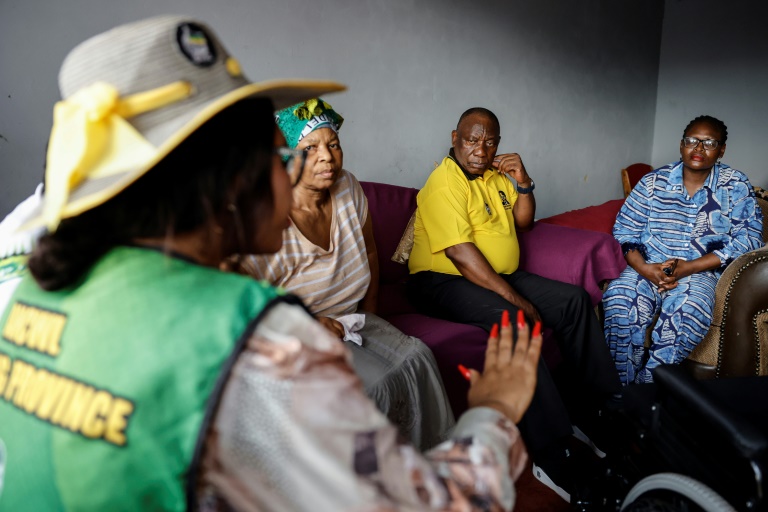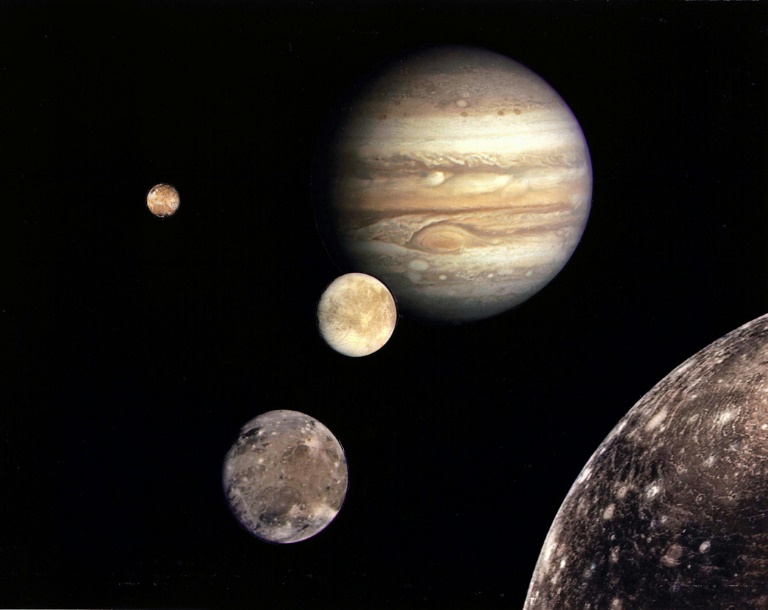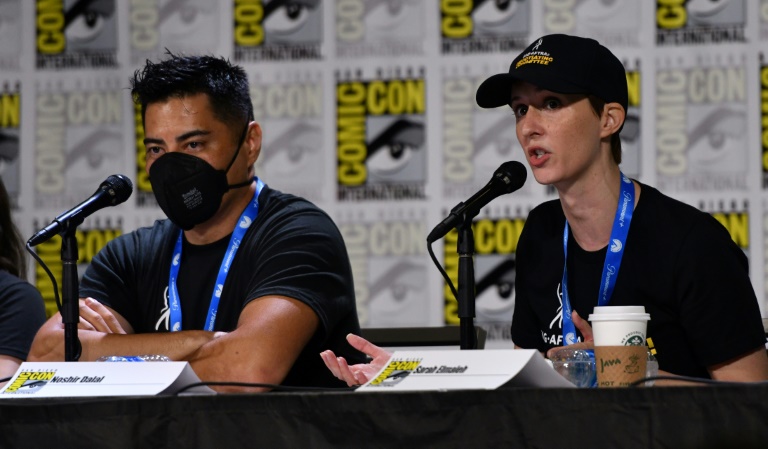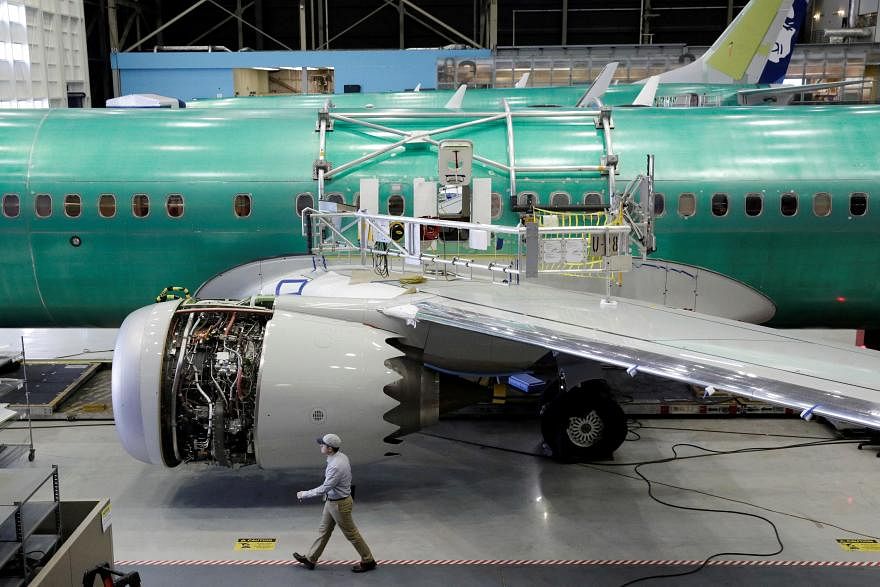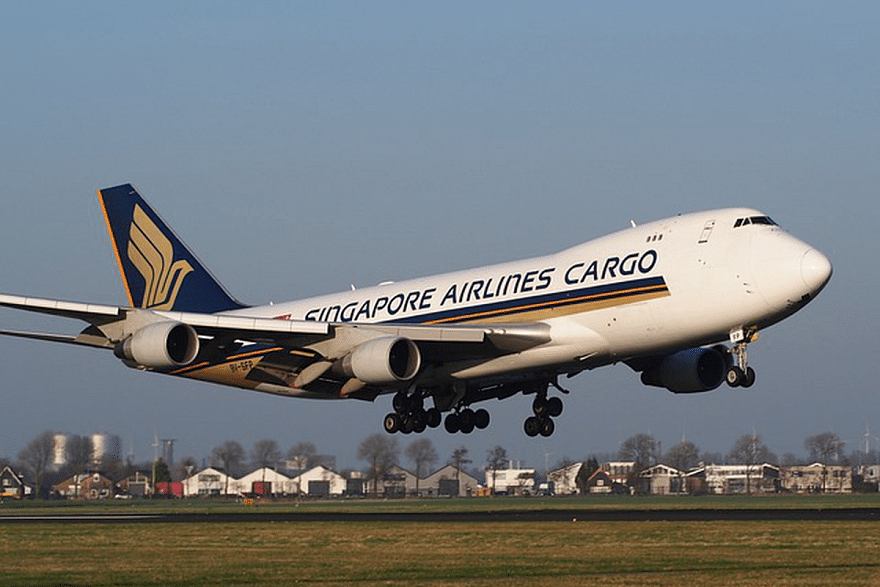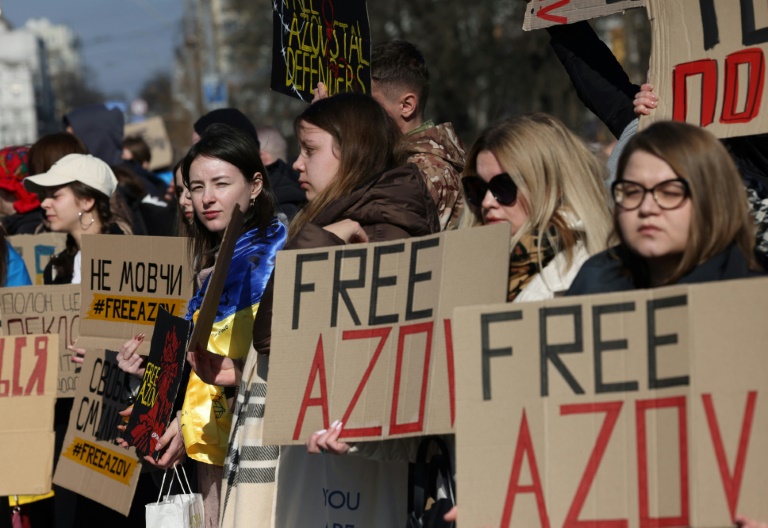South Africa’s biggest opposition party has triggered a furious row by appearing to call into question the country’s hard won reputation for holding fair elections.
Both the ruling African National Congress (ANC) and academic observers warned that the Democratic Alliance was playing with fire by casting doubt on the country’s democratic integrity.
The dispute erupted when the DA wrote to Washington to request US observers be sent to monitor the May 29 general election.
The ANC government responded with scorn for the United States’ own democratic credentials, and accused the opposition of undermining the Electoral Commission of South Africa (IEC).
President Cyril Ramaphosa labelled the move “disingenuous” and Foreign Minister Naledi Pandor accused the DA of demeaning South Africa’s record in front of the world.
“To write such a letter particularly to countries that don’t have observation and that have very low participation rates … is rather surprising,” she said.
South Africa held its first democratic elections 30 years ago, when Nelson Mandela came to power and began a so far unbroken series of ANC victories.
None of the election results have been credibly challenged but this year’s vote will be tense, with the ANC on the brink of losing its majority for the first time.
But, compared to many of its neighbours, post-apartheid South Africa has a strong record of holding free and fair polls, and the DA’s letter attracted much criticism.
Analysts said the move by the DA is more about the party’s fears it will miss its chance for a historic breakthrough and less about the credibility of the IEC.
“It is one of the most credible election commissions in the world,” said Ongama Mtimka, a politics lecturer at Nelson Mandela University, urging the DA to stick to evidence-based campaigning.
Naledi Modise, a politics lecturer at North-West University, branded the DA’s suggestion that South Africa needs outside hand-holding to hold the vote “very dangerous… reckless”.
The IEC, she said, “cannot now be undermined because the DA feels threatened that they may not perform and meet their electoral targets.”
The DA has reacted defensively to the criticism.
Shadow foreign minister Emma Louise Powell told AFP the party “has faith in the IEC at the national level, but it is not surprising that anomalies and miscounts occur at times, at the granular level.”
South Africa is seen to be a leader in democracy on a continent where very few elections are undisputed.
Neighbouring Zimbabwe held a contentious vote in August which international observers said fell short of democratic standards.
Zimbabwe’s experience highlights the strengths of South Africa’s IEC, according to Nicole Breadsworth, a politics lecturer at the University of the Witwatersrand.
“The Zimbabwean electoral commission is heavily politicised, the constituency delimitation process was extremely flawed and the delivery of election materials manipulated to depress turnout” she said.
The IEC was set up in 1993 during the transition from white minority rule ahead of the first democratic poll in a country that previously did not allow black people to vote.
The ANC’s scornful response to the DA letter to US Secretary of State Anthony Blinken, has also laid bare some of the tensions in Pretoria’s relations with Washington.
The defeated incumbent in the 2020 US presidential election, Donald Trump, falsely claimed that the vote was rigged and a mob of his supporters stormed Congress in a bid to overturn the result.
“Despite our impeccable track record of running free and fair elections in South Africa, we’ve never sought to comment on the elections in the West, even when their own citizens question the credibility of the electoral processes,” said ANC spokeswoman Mahlengi Bhengu-Motsiri.
The US embassy was quick to downplay the significance of the letter from the DA.
“South Africa is a sovereign democracy that runs its own electoral processes,” embassy spokesman David Feldmann told AFP.
The IEC, he said, “has a longstanding and excellent reputation for conducting free and fair elections”.
South Africa has invited observers from international and regional organisations since 1994.
The DA, which has struggled win over black voters, has struck a coalition agreement with almost a dozen smaller parties.
Together they are polling at 33 percent, according to a survey conducted in February.
The ANC, plagued by corruption and mismanagement allegations, is expected to drop below 50 percent of the vote for the first time since it began its rule at the advent of democracy.

